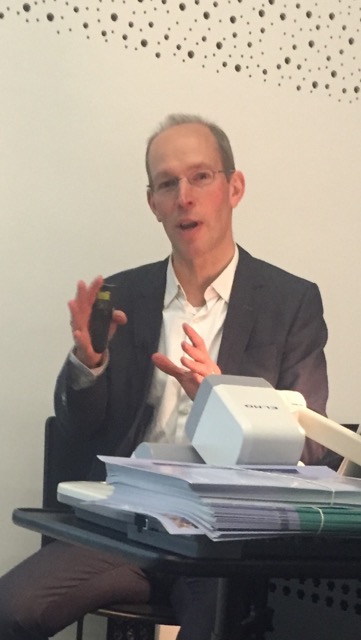You’re mid-sentence when your companion whips out their smart phone and starts tapping away. Your words hang in the air as your friend disappears into the digital world. You feel invisible. You have been ‘phubbed’.
Etiquette would dictate that ‘phubbing’ – snubbing someone while you concentrate on your phone – is incredibly rude. But with the rise of the smart phone, ‘phubbing’ has become so common that it’s now considered normal.
Researchers at the University of Kent in the UK have been investigating ‘phubbing’. They say that there are three factors that cause people to reach for their phone; internet addiction, fear of missing out (FOMO) and a lack of self-control.
Karen Douglas, psychology professor and co-author of the study says that while humans have always experienced issues around self-control, smart-phone use has exacerbated it.
“Being constantly connected via smartphones and the internet generally means that information is available to people all the time, so there is more to know and potentially more to miss out on than before these technologies existed,” she says.
Another factor that has caused ‘phubbing’ to become normal is that when we are ‘phubbed’ we are more likely to go on and ‘phub’ someone else. We go from ‘phubee’ to ‘phubber’.
In other words, we are caught in a vicious cycle of ‘phubbing’ behaviour. And the more we see people whipping out their phones in social situations the more we accept it.
Douglas notes that while smart phone addiction is the most proximal explanation for ‘phubbing’ its constant reinforcement is a huge problem.
“People ‘phub’, are ‘phubbed’, then ‘phub’ even more. So a behaviour that is potentially detrimental to human communication has become self-perpetuating,” she says.
There is, however, a backlash to the anti-social trend.
‘Anti-phubbers’ can download posters, stage ‘phubbing’ interventions or name and shame a ‘phubber’ via the website stopphubbing.com, started by 23-year-old Australian graduate student Alex Haigh in 2013.
Psychologist Jocelyn Brewer says we need to develop ‘nettiquette’ in our peer and friendship groups.
“We really need to work on developing emotional intelligence and soft skills, rather than expecting software to do the work for us.”
Taken from the Sydney Morning Herald (10/06/16)
Chotpitayasunondh, V., & Douglas, K.M. (in press). How “phubbing” becomes the norm: The antecedents and consequences of snubbing via smartphone. Computers in Human Behavior.



